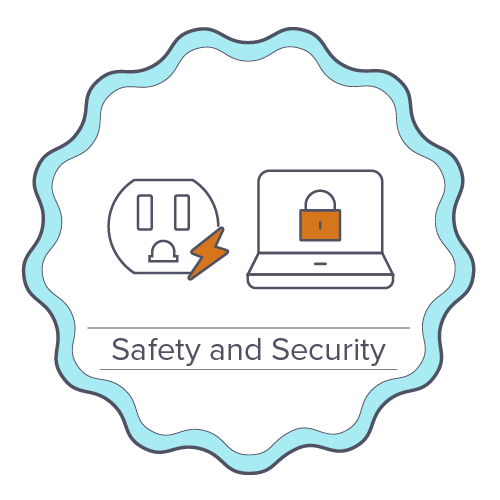National Preparedness month is a great time to create and review your emergency plan so your family knows what to do during an emergency.
Does your family have a plan in case of a natural disaster or another emergency? You might be surprised to learn that many Americans still don’t.
We take steps every day to keep our loved ones safe. We childproof our homes, buckle up in the car and install smoke detectors. But are we truly ready for an emergency, like a power outage or a severe storm?
What would your family do if the power went out for several days? Do you have enough food, water and other supplies? Every family’s needs are different, and your plan should reflect that. For example, families with young children, pets or someone with medical needs may require extra planning.
Why planning matters
Having a plan in place before an emergency hits can make all the difference. It’s much easier to stay calm and focused when you’ve already thought through the details. Knowing where to go, who to contact and what to have on hand will help you keep your loved ones safe.
National Preparedness Month is a great time to review and update your emergency plan. Even if you already have one, check to make sure it still matches your family’s current needs.
Get started on your plan
If you don’t have a plan yet, now is the perfect time to create one. Ask yourself:
- Does everyone know who to contact and where to go if an emergency happens when you’re not home?
- Do you have an emergency kit with enough supplies for at least three days?
- Does everyone know how to stay informed with the latest news?
- Do you have backup power options, like a generator or battery packs, if an outage lasts longer than expected?
Resources to help you prepare
We’ve gathered essential information from trusted sources like FEMA, the U.S. Department of Homeland Security, the Red Cross and the U.S. Department of Health & Human Services. Our guide combines their best practices into one convenient place, making it easier for you to review and follow.
Key tips:
- Keep a paper copy of your emergency contacts: If your phone dies, you’ll still have access to important numbers.
- Use our checklist to build your emergency kit: It’s designed with all the details you need to be ready.
- Teach your kids what to do in an emergency: Help them stay calm and know what to expect.
Check out the infographics below for more detailed guidance on building your emergency kit and preparing your family.
National Preparedness Month is a reminder to make or update your emergency plan. Being ready helps protect not just you, but everyone who depends on you.




0 Comments